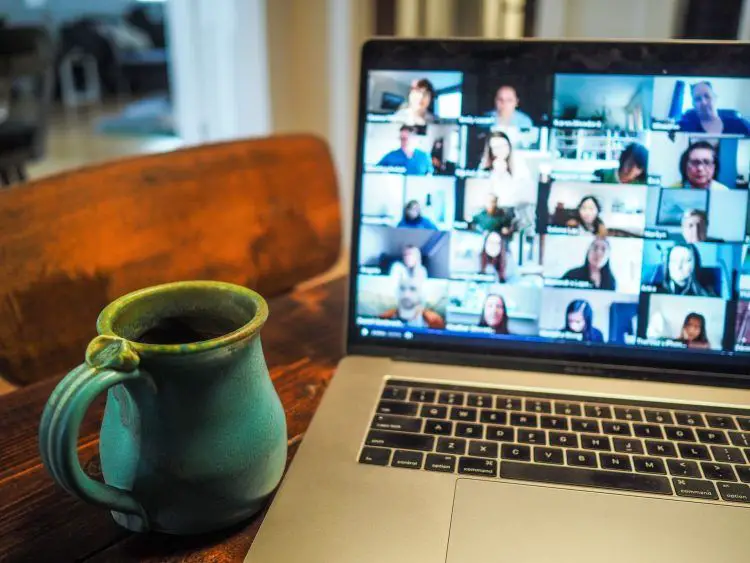Meet Mohammad Moniruzzaman, an engineer caught in the crossfire of a high-stakes battle between automotive giants NVIDIA and Valeo. Little did he know that a seemingly innocent screensharing blunder during a joint meeting would unravel a tale of alleged corporate espionage, stolen trade secrets, and a web of legal complexities.
As Moniruzzaman shared his screen in that pivotal 2022 meeting, little did he realize that he was inadvertently exposing the intricate source code belonging to his former employer, Valeo. What unfolded next would not only alter the trajectory of his career but ignite a legal firestorm, putting the ethical boundaries of technological advancement into sharp focus.
“On March 8, 2022, one of these videoconference meetings was scheduled. Mr. Moniruzzaman, now employed by Nvidia, attended the videoconference call… and shared his computer screen during the call. When he minimized the PowerPoint presentation he had been sharing, however, he revealed one of Valeo’s verbatim source code files open on his computer. So brazen was Mr. Moniruzzaman’s theft, the file path on his screen still read “ValeoDocs.” Valeo participants on the videoconference call immediately recognized the source code and took a screenshot before Mr. Moniruzzaman was alerted of his error. By then it was too late to cover his tracks.”
-Valeo

Oops to court
The lawsuit between NVIDIA and Valeo revolves around allegations of trade secret theft, unauthorized access, and the subsequent misuse of proprietary technologies. The French automotive company, Valeo, claims that an engineer formerly in its employ, Mohammad Moniruzzaman, who later joined NVIDIA, stole valuable trade secrets related to an advanced parking and driving assistance technology collaboration between the two companies. Here are all the details you need to know:
- Accidental screensharing blunder: During a joint meeting in 2022, an NVIDIA engineer, Mohammad Moniruzzaman, mistakenly shared source code files belonging to Valeo’s proprietary technologies while screensharing.
- Immediate recognition by Valeo: Employees at Valeo quickly identified the exposed code, capturing screenshots before notifying Moniruzzaman of his inadvertent disclosure.
- Collaboration background: Valeo and NVIDIA were working together on advanced parking and driving assistance technology. Valeo had initially managed both software and hardware aspects but lost the software contract to a larger corporation in 2021.
- Alleged unauthorized access: Valeo alleges that Moniruzzaman, a former employee, illicitly gained unauthorized access to Valeo’s systems to steal a substantial amount of data, including “tens of thousands of files” and 6GB of source code.
- Continued work at NVIDIA: After leaving Valeo, Moniruzzaman assumed a senior position at NVIDIA and reportedly continued working on the same project he had been involved in during his tenure at Valeo.
- Evidence found in raid: German authorities reportedly found incriminating evidence during a raid on Moniruzzaman’s home, including documentation and hardware belonging to Valeo.
- Legal consequences: Moniruzzaman has allegedly admitted to the theft, leading to a conviction for infringement of business secrets in a German court and a fine of €14,400 ($15,750).
- NVIDIA’s denial: In a letter dated June 2022, NVIDIA’s lawyers stated that the company had no interest in Valeo’s code or alleged trade secrets and had taken prompt and concrete steps to protect its client’s rights.
- Valeo’s lawsuit: Despite NVIDIA’s assurances, Valeo filed a lawsuit against the graphics giant, claiming that NVIDIA had “saved millions, perhaps hundreds of millions, of dollars in development costs” by unlawfully obtaining and utilizing its trade secrets.
The lawsuit reflects the intense competition and ethical challenges within the autonomous driving technology market, highlighting the potential consequences and legal complexities that arise when companies push the boundaries of innovation in this rapidly evolving industry.
Featured image credit: Chris Montgomery/Unsplash





